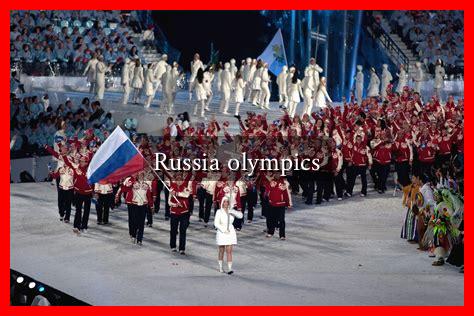-
Table of Contents
Russia and the Olympics: A Complex Relationship
The relationship between Russia and the Olympic Games has been marked by both remarkable achievements and significant controversies. From its early participation in the Olympics to the recent challenges posed by doping scandals and geopolitical tensions, Russia’s Olympic journey is a multifaceted narrative that reflects broader societal and political dynamics.
The Rise of Russian Olympic Success
Russia has a storied history in the Olympics, emerging as a dominant force in various sports since the Soviet Union’s first participation in the 1952 Helsinki Games. The Soviet Union consistently ranked among the top nations in the medal tally, showcasing exceptional talent across disciplines such as gymnastics, weightlifting, and athletics.
- 1952 Helsinki Olympics: The Soviet Union won 76 medals, including 22 golds, marking its arrival on the Olympic stage.
- 1980 Moscow Olympics: Despite a boycott by many Western nations, the Soviet Union topped the medal table with 80 golds.
- Post-Soviet Era: After the dissolution of the Soviet Union in 1991, Russia continued to excel, finishing fourth in the medal count at the 1996 Atlanta Olympics.
These achievements laid the groundwork for a national pride that has been intricately linked to Olympic success, making the Games a significant event in Russian culture.
Doping Scandals: A Dark Chapter
Despite its successes, Russia’s Olympic journey has been marred by doping scandals that have raised questions about the integrity of its athletes and the effectiveness of its sports governance. The most notable incident occurred during the 2014 Sochi Winter Olympics, where allegations of state-sponsored doping emerged.
- Sochi 2014: Reports indicated that over 1,000 athletes were involved in a systematic doping program, leading to widespread condemnation.
- World Anti-Doping Agency (WADA): In 2015, WADA released a report detailing the extent of the doping practices, resulting in the suspension of the Russian Anti-Doping Agency (RUSADA).
- Tokyo 2020: The fallout continued as several Russian athletes were barred from competing under their national flag, instead participating as “Russian Olympic Committee” (ROC) athletes.
These scandals have not only tarnished Russia’s reputation but have also led to significant sanctions from the International Olympic Committee (IOC) and other governing bodies.
Geopolitical Tensions and the Olympics
The geopolitical landscape has also influenced Russia’s participation in the Olympics. The country’s actions on the global stage, including its annexation of Crimea in 2014 and involvement in various conflicts, have led to increased scrutiny and diplomatic isolation.
- Boycotts: The 1980 Moscow Olympics were boycotted by over 60 countries in response to the Soviet invasion of Afghanistan, highlighting how politics can overshadow sports.
- Current Sanctions: Ongoing tensions with Western nations have resulted in calls for boycotts and discussions about the legitimacy of Russian participation in international sporting events.
These geopolitical factors complicate Russia’s relationship with the Olympics, as the Games are often seen as a platform for national pride and international diplomacy.
Looking Ahead: The Future of Russia in the Olympics
As the world looks toward future Olympic Games, the question remains: what role will Russia play? The country continues to produce world-class athletes, but the shadow of past scandals and geopolitical tensions looms large.
- Reform Efforts: Russia has made efforts to reform its anti-doping practices, but skepticism remains regarding the sincerity and effectiveness of these measures.
- International Relations: The future of Russia’s participation in the Olympics will likely depend on its ability to navigate complex international relations and restore trust with the global sports community.
Conclusion
The relationship between Russia and the Olympics is a complex tapestry woven with threads of triumph, controversy, and geopolitical strife.
. While Russia has a rich history of Olympic success, the challenges posed by doping scandals and international tensions have cast a long shadow over its future in the Games. As the world prepares for upcoming Olympic events, the focus will be on whether Russia can reclaim its status as a respected competitor on the global stage while addressing the issues that have plagued its Olympic journey.
For more information on Russia’s Olympic history and current developments, you can visit the official Olympic website.



